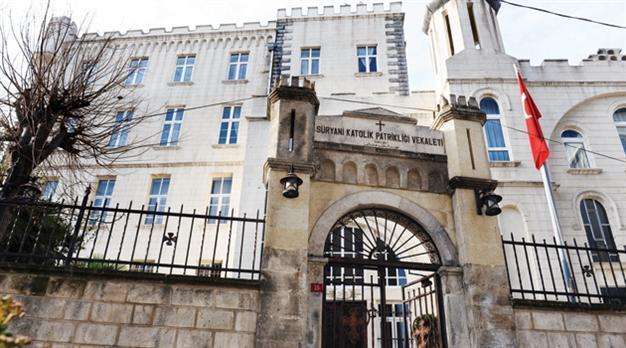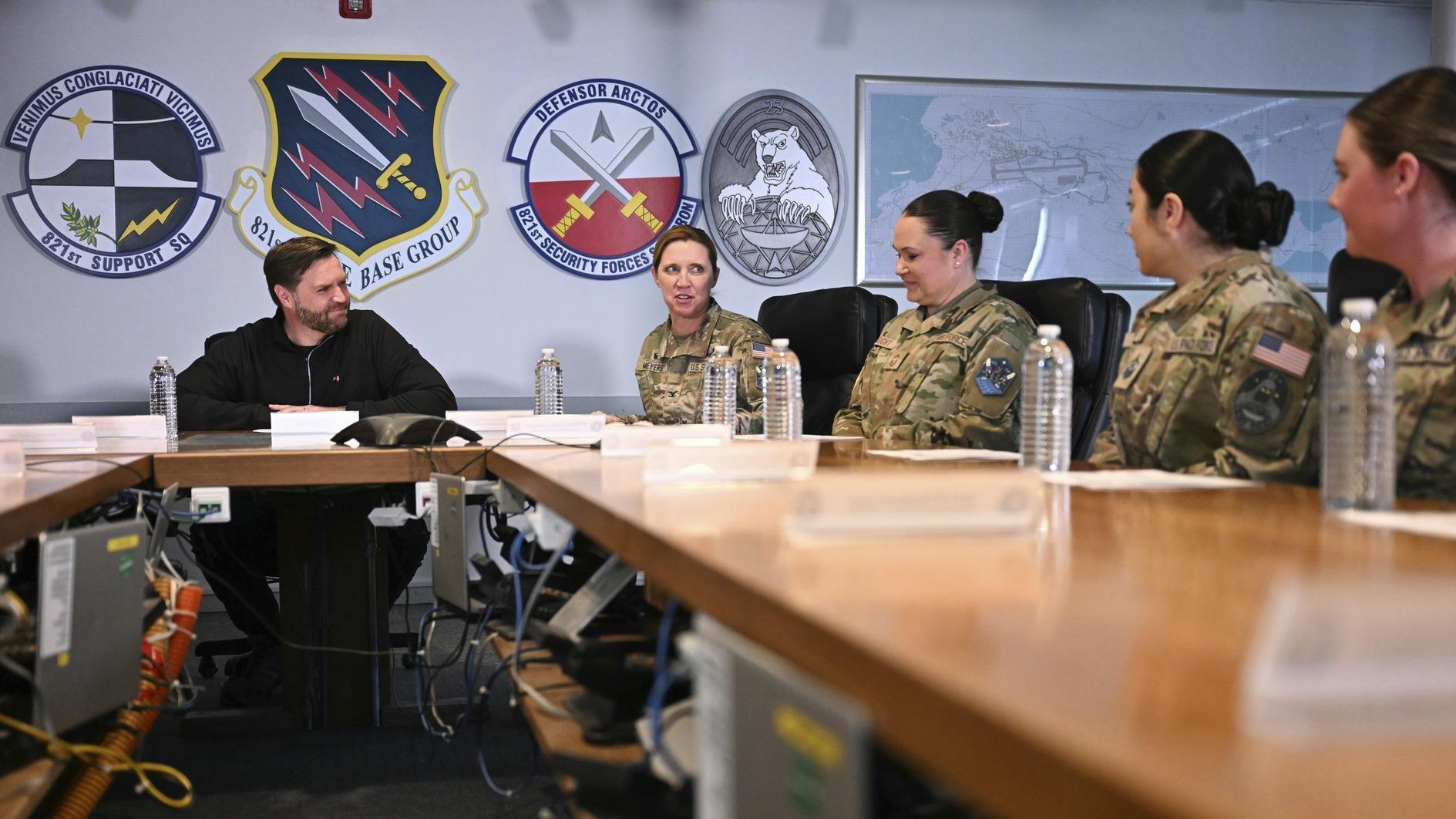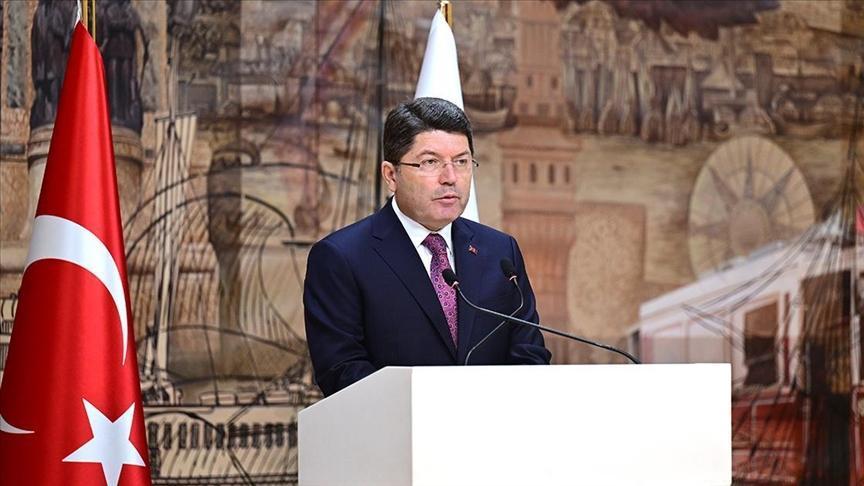Syriacs get land title after 25-year-old legal struggle
ISTANBUL - Hürriyet Daily News

The Syriac Catholic community was waging a legal battle with Turkey for 25 years for the patriarchate building, located in Istanbul’s Gümüşsuyu district.. DAILY NEWS photo, Emrah GÜREL
The General Directorate of Foundations has agreed on the return of the patriarchate building in Gümüşsuyu to the Syriac Catholic community, the community learned during a meeting with President Abdullah Gül.The Syriac community had taken the case to the European Court of Human Rights (ECHR), but said the directorate’s move was a “nice gesture,” and that they would consider withdrawing the compensation case from the ECHR if no obstacles occurred.
A lawsuit has been in process for 25 years between the Syriac Catholic Community and Turkey, and after exhausting domestic remedies the community took the case to the ECHR four years ago.
The Syriac Catholic community received the good news during a meeting in which President Abdullah Gül hosted the leaders of minority foundations at the Huber Köşk in Tarabya on July 27. Speaking to the Hürriyet Daily News, Syriac Catholic Foundations head Zeki Basademir said the director general of foundations, Adnan Ertem, announced during the meeting that the land title of the disputed building would be delivered to the Syriac Catholic community.
Paşademir said the building used to belong to Latin Catholics, but that with a government initiative in 1986 the Syriac community had signed a contract to rent the ruined building for 99 years. “Despite this, the General Directorate of Foundations opened a legal case against us in 1988. They said the building belonged to them. When we understood that the problem could not be solved through national legal procedures, we took the case to the European Court of Human Rights four years ago,” Ertem said.
‘Nice gesture’
Paşademir said they expected the decision of the ECHR soon. “I welcome the decision as a nice gesture, if an obstacle does not come up at the last moment we are planning to withdraw the compensation case. Turkey is our homeland; we don’t want to demand compensation from our homeland.”
The director general of foundations has requested the files, including the contract made in 1986, in order to initiate procedures. “Actually, we didn’t expect such a result from the meeting with the president. What is more, we will have the land title,” Basademir said.
Basademir said the building was almost ruined when they bought it from the Latin Catholics, and that the Syriacs had restored it with the community’s limited means.
“It is offensive to feel like a parasite in a building we have used all of our means to restore,” he said.
The church in the patriarchate building has a 200-person capacity and the population of the Syriac Catholic community living in Istanbul is 2,000, Basademir said.
“We don’t have any other requests for now, maybe we will in the future. We are currently holding our crowded wedding ceremonies in Latin Catholic churches,” Basademir said after being asked whether they would appeal for another church in the near future, as the Syriac Kadim community had done. The Syriac Kadim community currently has no church, although their population in Istanbul is around 15,000, so they conduct religious ceremonies in other churches that they rent. The community demanded land from the state to build a new church, but procedures have continued for two years.
















